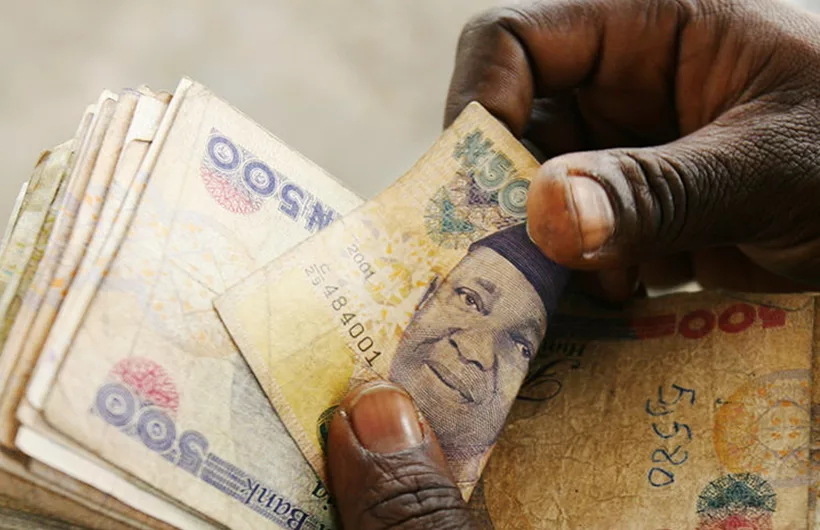With a gap of N284 between the official exchange rate and the parallel market rate, analysts at Cordros Research said the Central Bank of Nigeria(CBN) would not devalue the naira anytime soon, even as they warned that lack of flexibility in the foreign exchange market could lead to further misalignment in rates.
The naira, which closed at N461.67 to the dollar last week Friday at the Nigeria Autonomous Foreign Exchange market (NAFEX), also known and the Investors and Exporters window, has seen a depreciation in its value to N745 to the dollar on the streets.
Also, banks had stopped allowing their customers use their naira denominated cards to settle international transactions as foreign exchange scarcity hit.
This is as the governor of the Central Bank of Nigeria, Godwin Emefiele had late last year assured that it will continue to support the naira by intervening in the foreign exchange market.
Analysts at Cordros in their outlook for 2023 say they do not expect the central bank to devalue the naira at the official end of the market. “We do not see the current CBN management devaluing the currency, barring a new market-oriented fiscal administration. However, for credible policy framework and reform, we lean towards devaluing the currency at the official forex markets and improving flexibility and communication in the forex framework.
“Without flexibility, it is only a matter of time before the forex misalignments build back up, leading to more pressures to implement another outsized currency devaluation.”
cy devaluation followed by periodic communications would allow the local currency to depreciate in line with fundamentals will be tenable as power changes hands in 2023.”
The analysts furthered that the CBN can enable the currency to depreciate yearly based on the external balance assessment after considering inflation, net foreign assets, current account gap, and growth. “Clear communication and commitment to this framework will be crucial to bringing back credibility and significantly reducing forex volatility.”
Meanwhile, the 30 days moving average of the country’s external reserves went up by nearly $100 million in the first three days of the year according to data on the website of the CBN.
From $37.069 billion which it was on the first working day of the year, January 3, 2023, the reserves stood at $37.152 billion as at January 5, 2023.
This is after it had depreciated by $3.43 billion during the year 2022 compared to the $40.52 billion which it was at the beginning of last year.











